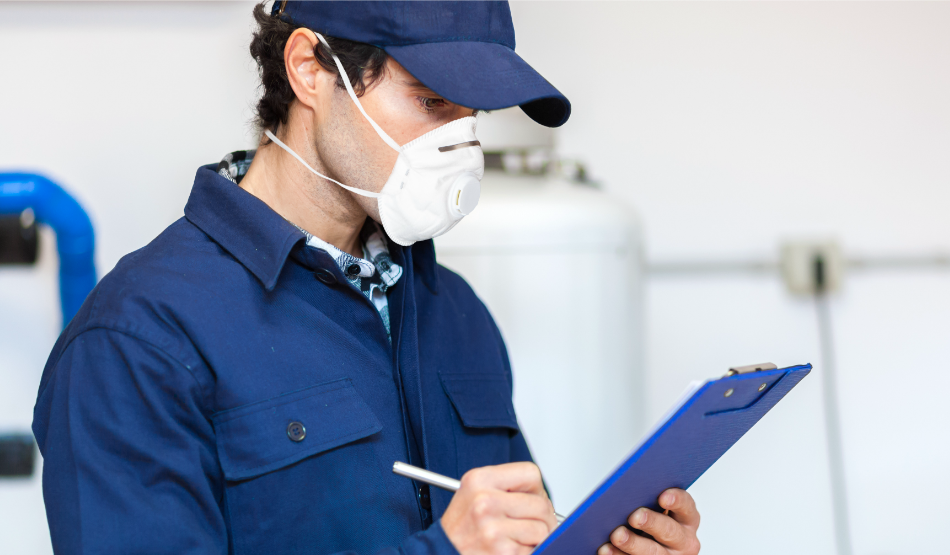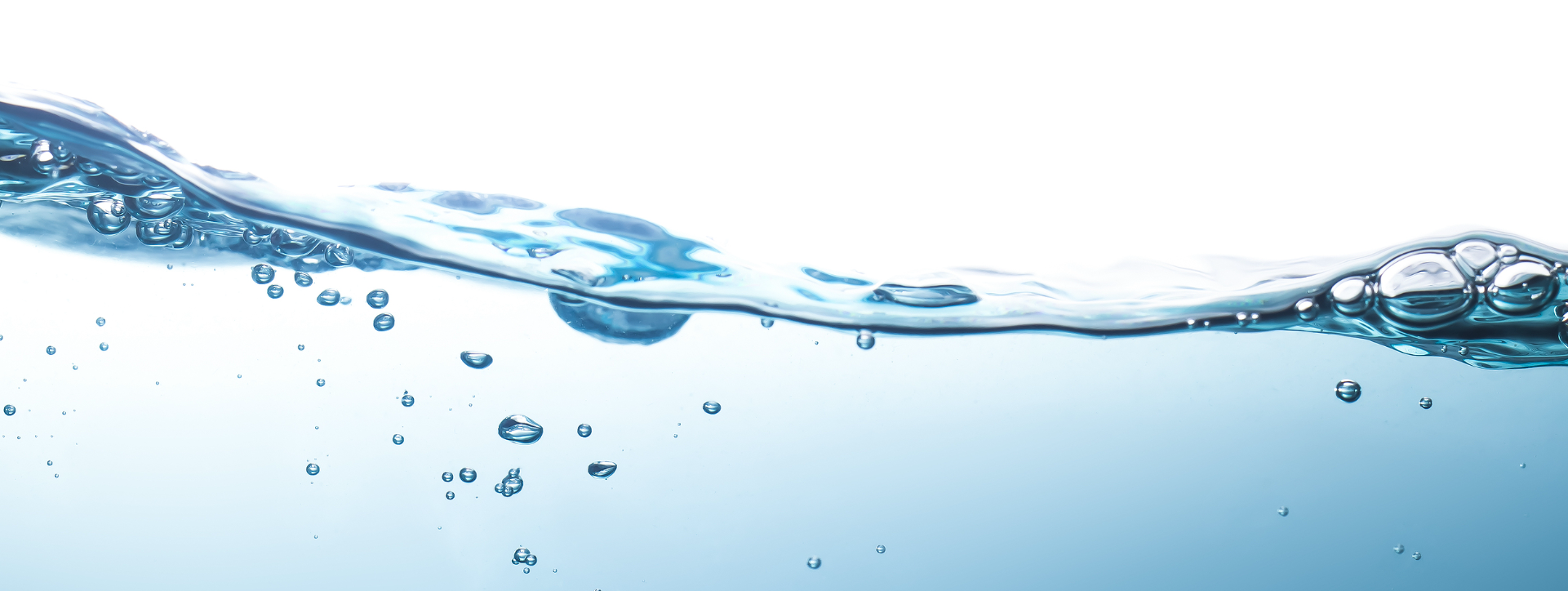How to Prevent Legionella Effectively

Legionella prevention is important to prevent exposure to the illnesses that Legionella bacteria can cause. Legionella can thrive in any hot and cold water system, domestic, commercial, or industrial.
If you are looking for how to prevent Legionella at home or in the workplace, follow these specialist tips from experts.
Which Water Systems Support Legionella Growth?
Any purpose-built water system is vulnerable to the overgrowth of Legionella.
Particularly high-risk water systems include:
- Showers
- Taps
- Spa pools
- Hot tubs
- Hot and cold water storage tanks
- Any other type of water tank
- Combi boilers
- Air conditioning units
- Swimming pools
- Vehicle cleaning machines
- Washing machines
- Water jets
- Sprinklers
- Hosepipes
When a water system has limescale and sediment, holds water at temperatures consistently between 20-45 degrees celsius, and water droplets are at risk of aerosol release, Legionella bacteria can thrive and spread.
Learn more about the dangers of Legionella bacteria.
How to Prevent Legionella Bacteria In Water

A comprehensive Legionella control scheme should be in place in any site:
Flushing Outlets
Legionella grows more rapidly in stagnant water, so one of the ways to prevent Legionella bacteria build-up is to flush outlets. Identity any taps, shower heads and toilets that are used less than once per week and note them for flushing. If flushing a shower, remove its head first so you minimise your exposure to aerosols.
You need to use a calibrated thermometer to run water from both hot and cold supplies until the temperature is comparative to the water supply. Run water at a low flow rate so it’s not splashing too much.
How Long to Run Taps to Prevent Legionella
Infrequently used taps should be run for five minutes continually to flush out any bacteria. Showers should be run for around two minutes.
How Often Should Outlets be Flushed to Prevent Legionella?
Infrequently used water outlets, including taps and showerheads, should be flushed out weekly.
Water Temperature Control
Ensuring you keep on top of water temperature control is important for Legionella prevention. The ideal temperature window for the bacteria to grow and spread is between 20-45 degrees Celsius.
What Temperature Should Water Be to Prevent Legionella?
Cold water should be stored below 20 degrees Celsius. At these temperatures, Legionella bacteria can survive but not multiply. The bacteria will be killed if water is over 60 degrees celsius.
Ensure Proper Water Design
If you are in charge of designing the water system in a site or have some control over it, ensuring the proper design will help to prevent Legionella.
All pipework should be as short and as direct as possible and have adequate insulation. Cold water tanks need to be fitted with lids and insect screens in order to better prevent contamination.
Avoid the following materials that promote Legionella growth:
- Fibre washers
- Hemp
- Natural rubber
- Linseed oil-based compound jointing
Ensure Legionella Testing is Completed
Periodical Legionella water testing is essential for Legionella prevention in hot and cold water systems. The process is completed by taking water samples in sterilised containers and sending them to a dedicated laboratory for analysis. This will confirm the amount of Legionella found in the water along with the bacteria count and specific species.
Figures are presented as “cfu/l” which stands for colony-forming units per litre. When this figure is above 1,000 cfu/l, it means there are high levels of bacteria in your water and immediate remedial action must be taken.
Clean & Disinfect Your System Regularly
To reduce the risk of Legionella, clean your water system regularly. Tanks and outlets in particular should be descaled every few months to eliminate the food sources that encourage the growth of Legionella bacteria.
Water Treatment
Water treatment is an additional treatment for Legionella that may be needed if occupants or visitors of the premises are at higher risk. Water treatment helps to eliminate bacteria and prevent at-risk individuals from contracting serious lung infections from the bacteria.
They can include:
- Copper and silver ionisation
- UV radiation
- Chlorine dioxide
- Ozone
How to Prevent Legionella in Hot Tubs
Hot tubs come with added risks of Legionella growth. They need to be operated with proper disinfectant residuals and correct pH levels. For proper Legionella control in hot tubs, the best practice is to get an accredited professional to perform a thorough review with calibrated technology.

Book a Legionella Risk Assessment for Effective Legionella Prevention
The most effective way to prevent Legionella is with our Legionella risk assessments. Our qualified technicians will come to your property and perform a thorough review of your water systems and your administrative records. We take water samples for testing and perform temperature checks with approved UKAS-calibrated thermometers. Our results are collated and put into an accessible report that explains what we’ve found and gives detailed guidance on exactly what you need to do.
We can also prepare written control schemes which give you a comprehensive plan for effective Legionella prevention. Everything we do is in line with the Health and Safety Executive’s written guidelines, HSG274 and ACOP L8.
A Legionella prevention scheme will include:
- A management structure: Telling you who the duty holder should be and their communication pathways, their responsibilities and provision of training on Legionella prevention if needed
- An up-to-date schematic of your water systems: We will give you a full layout of your water system, identifying piping routes, storage tanks, water outlets and more
- Incident plans: This includes a plan for if there is a major plant failure, high levels of Legionella on your site, outbreaks of Legionellosis or Legionnaires’ disease on your premises.
Legionella risk assessments and control schemes are essential for the proper prevention of Legionella and its associated dangers. For exhaustive Legionella services that get the job done and give you peace of mind, contact Guardian Hygiene Services.

